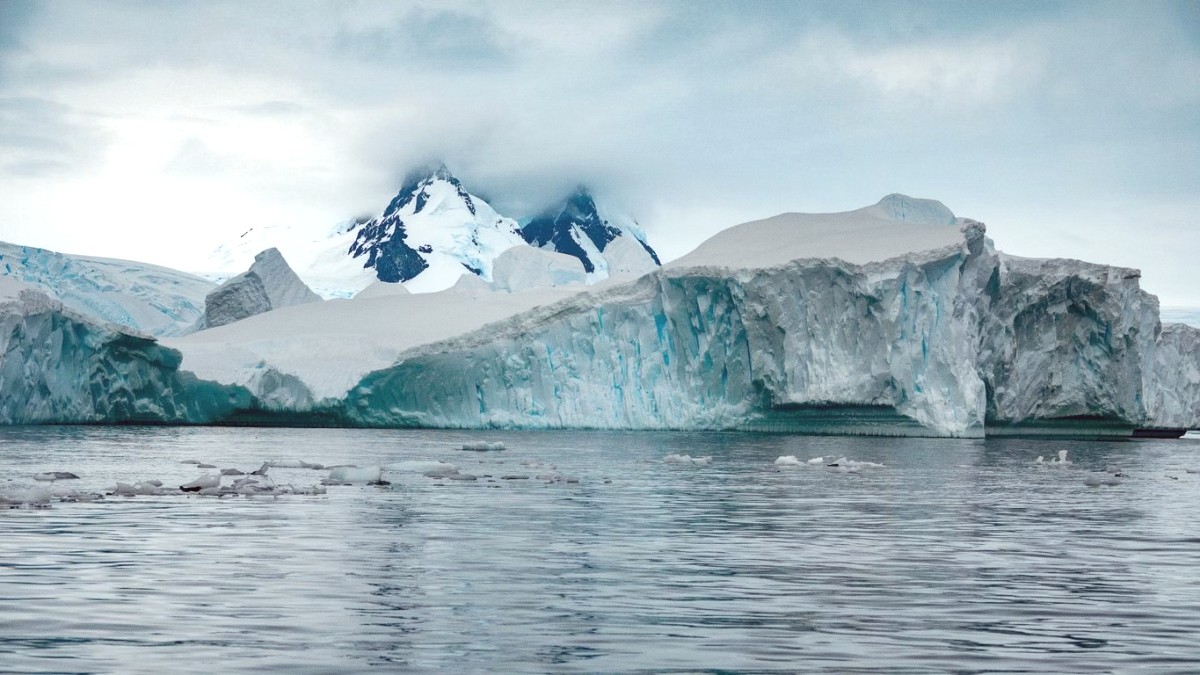
Local mobile phone service not applicable. Your phone service ceases shortly after ship departure. Do not expect to use your phone for calls or data while at sea or on the continent.
Port Lockroy Post Office allows visitors to send postcards from Antarctica. This is a very popular and unique way to send a greeting home.
Ship operations run 24/7. Specific services like dining, bar, and gift shop have set hours. Excursion schedules are flexible, dependent on weather, ice, and wildlife conditions.
In departure cities, banks usually operate during weekday business hours. ATMs are widely available in major cities. Always carry some local currency for small purchases.
Familiarity with communication, finance, and etiquette guidelines promotes a smooth journey.
Antarctic travel offers unique experiences; understanding accessibility and protocols is .
Antarctica no infrastructure for travelers with mobility challenges. No ramps, paved paths, or accessible facilities on land.
Main mode of transportation for excursions, the zodiac boat, stepping into and out of the boat, often over a railing or from a gangway. This challenging for those with limited mobility.
Landings on shore involve uneven terrain, snow, ice, and sometimes steep inclines. Not all landing sites equally accessible.
Your presence in Antarctica carries a responsibility to minimize your footprint.
The economic impact of tourism mainly affects gateway cities rather than the continent itself.
Transportation connections for extensions typically involve flying from Ushuaia or Punta Arenas to other regional hubs, then onward connections.
Expedition ships adhere to incredibly strict waste management protocols. All solid waste collected onboard and stored for proper disposal or recycling back in port.
Cultural sensitivity relates to respecting the continent's unique status and human history. These efforts preserve physical remnants of human endeavors.
Focus ethical shopping efforts on your departure cities (Ushuaia, Punta Arenas). Purchase souvenirs and supplies from fair trade sources or local artisans that directly benefit local communities.
Avoid walking off designated paths, adhere to all biosecurity measures. These prevent introduction of foreign species and minimize damage to delicate ecosystems.
Choosing IAATO-approved operators is the most impactful decision for responsible travel. They uphold environmental and safety standards.